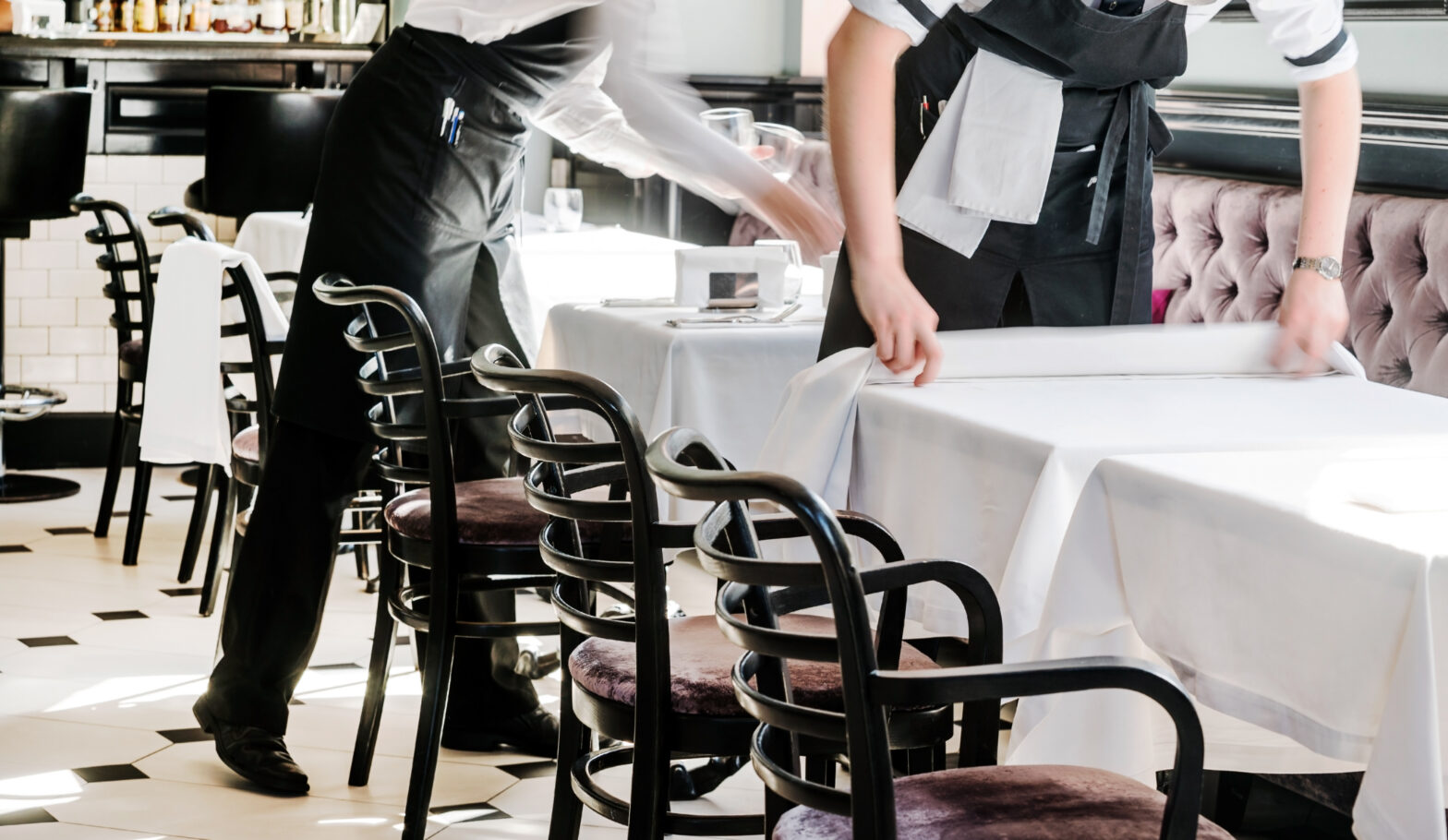When you consider that the hospitality sector includes hotels, restaurants, coffee shops, pubs, nightclubs and bars, the industry offers excellent commercial prospects, both because of the variety of opportunities and the natural market that exists for its services.
Here is your guide to the hospitality industry; from entering, running and expanding, to selling your business in this exciting sector.
Buying a hospitality business
A vendor with nothing to hide will allow the buyer a period for due diligence; a reluctance to do this would represent a massive red flag. There are three areas on which to focus:
- Legality. Any legal documentation, such as deeds and contracts, must be examined by the prospective buyer’s lawyers to search for problems, restrictions or limitations.
- Commercial viability. Factors to investigate include local regulations, prospective custom and the level of competition.
- Financial. Financial claims must be checked for accuracy, including a thorough analysis of sales figures, growth, outlay and overheads.
This may unearth areas of concern, such as a considerable level of competition, but it’s worth noting that a cluster of restaurants can attract custom, rather than being a problem.
Due diligence allows the buyer to make an informed decision, but self-reflection is also crucial. Working in the hospitality industry requires excellent people skills, creativity, stamina, perseverance and ingenuity. It’s hard but potentially highly rewarding for those who are able to cope in such a high-pressure environment.
Trends in the sector
This sector experiences powerful trends, often driven by the online presence of establishments – with Facebook, Twitter and Instagram accounts playing a vital role in marketing brand and style.
Food and drink trends can rise and fall at breakneck speed. Until recently, it was virtually impossible to find a piece of pork that hadn’t been pulled, yet that trend has subsided, along with avocado toast and bubble tea. Use of plant protein as a meat alternative, however, shows no sign of abating, with an increase in veganism and greater attention being paid to health. Many chefs are moving towards serving as much of a plant or animal as possible, reflecting a broader societal rejection of waste.
Selling in hospitality
When selling, a hospitality-based business will be to utilise seasoned professionals, including an accountant, a valuation expert, a corporate lawyer, and a financial adviser to help you prepare the business for sale.
There are four areas for consideration:
- Financial performance. Accounts must be in good order when the company goes on the market, and remain so during the selling process. Furthermore, a performance clause may be included, requiring a period of support after the change of management, for example, or for the agreed price to depend on continued sales.
- Vision. Every business requires a clear strategy in key areas. This would include keeping overheads to a minimum and future-proofing the establishment as far as possible through effective implementation of IT.
- Personnel. A good workforce and management team are vital to a successful business. Not only can they play a crucial role in building its reputation, but they can ensure a seamless transition to new ownership and help maintain confidence within customers and suppliers.
- Legal documentation. Contracts of employment, supplier and customer agreements, property deeds and insurance should be scrutinised by a legal specialist.
Only when you are satisfied that these areas have been addressed should you advertise your business for sale.
Conclusion
One of the main drivers of profitability in hospitality is tourism. Since the UK decided to leave the EU, uncertainty and volatility have impacted upon the value of the pound and consumer confidence.
However, a favourable exchange rate for overseas tourists has buoyed the sector, even beyond London, which has traditionally drawn an impressive share of the UK’s tourist trade. Anyone intending to join the sector must consider such possibilities as difficulties in hiring staff, post-Brexit, and a drop in EU visitor numbers if travel paperwork becomes more complex.
These matters would be investigated under due diligence and can only be speculated upon at this time. For those with the right passion and attitude, the UK hospitality sector remains an exciting career and investment prospect.
Jo Thornley joined Dynamis in 2005 to co-ordinate PR and communications and produce editorial across all business brands. She earned her spurs managing the communications strategy and now creates and develops partnerships between BusinessesForSale.com, FranchiseSales.com and PropertySales.com and likeminded companies.





